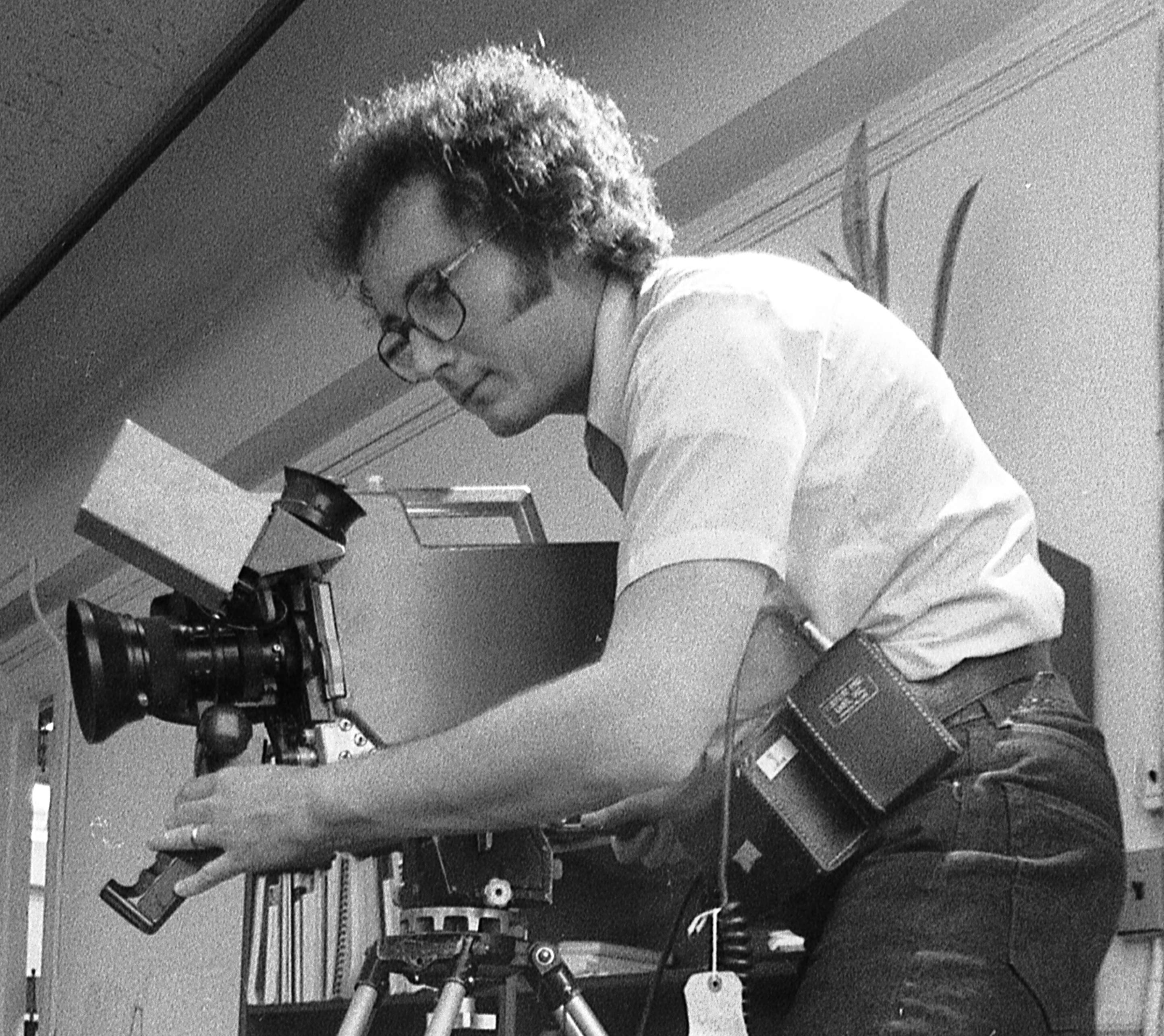Staggered DTV transition rolls along
The FCC has given permission to 158 more television stations to pull the plug on analog broadcasts before the final June 12 deadline. Most of those stations are in smaller markets, with the exception of the NBC and ABC affiliates in Denver, who will shut off analog transmissions on April 16.
More than 600 of the nation’s 1759 television stations are already broadcasting only digital signals. Most of those shutdowns came on Feb. 17, the original DTV deadline set by Congress. The newly announced 158 stations will shut down at various times approved by the commission.
For example, the NBC (KUSA-TV) and ABC (KMGH-TV) affiliates in Denver, will both cease analog transmissions at 12:01 a.m. on April 16. Mark Cornetta, KUSA’s president and general manager, said research has shown that “the people of Denver are ready. They’re informed about digital TV. They’re knowledgeable about the benefits of this transition, and they’re eager to get it done.”
According to the list approved last week by the FCC, about half of the nation’s stations will have already transitioned to digital before the June 12 deadline. That leaves 927 stations — among them the network’s O&Os and the nation’s largest stations — to continue broadcasting analog signals until the end. Virtually all stations are now already broadcasting digital signals.
The FCC has a rule that major network affiliates that want to cease analog broadcasts early have to arrange for at least one station to continue broadcasting news and information over analog in that market until June 12.
The FCC also said that stations that plan to stay on the air in analog until June 12 will essentially be locked into that decision. The only exception might be an extenuating circumstance like financial hardship. The FCC would have to approve such situations on a station-by-station basis.
Among the 158 stations to end analog broadcasts early are 58 PBS stations. Like their commercial colleagues, many of these public stations are suffering economic stress and want to cut the use of dual transmitters. Some will be allowed to cease analog broadcasts as early as March 27 while about 125 public stations will continue broadcasting until June 12.
The professional video industry's #1 source for news, trends and product and tech information. Sign up below.
Another 26 stations set to shut down in April are affiliates of The Trinity Broadcasting Network, a broadcaster that provides religious programming. Eight of those stations will continue analog broadcasts until the final shutdown date.
On March 1, the Nielsen Co. reported that 4.5 million households that receive only over-the-air broadcasts haven’t prepared for the analog shutdown. The number includes households that have bought a converter box but haven’t connected it.
The Commerce Department’s National Telecommunications and Information Administration (NTIA) is offering subsidized coupons for digital converter boxes. The government ran out of money in January, which triggered the congressional delay for the analog shutdown from Feb. 17 to June 12. Funding for the program has resumed with release of the Obama stimulus package.
Last week, at the Senate confirmation hearing of former Washington Gov. Gary Locke as Secretary of Commerce, Sen. Kay Bailey Hutchison, R-TX, emphasized the June 12 is solid and not moving a second time.
“We cannot extend that deadline again,” Hutchison said. “The NTIA has been given additional funding and the number of consumers on the waitlist to receive coupons has diminished.”
“We will not be seeking additional funds nor will we be seeking an extension beyond the June 12 deadline,” Locke responded. But he added the DTV public service announcements produced by the government and broadcasters “have not been all that clear.”
